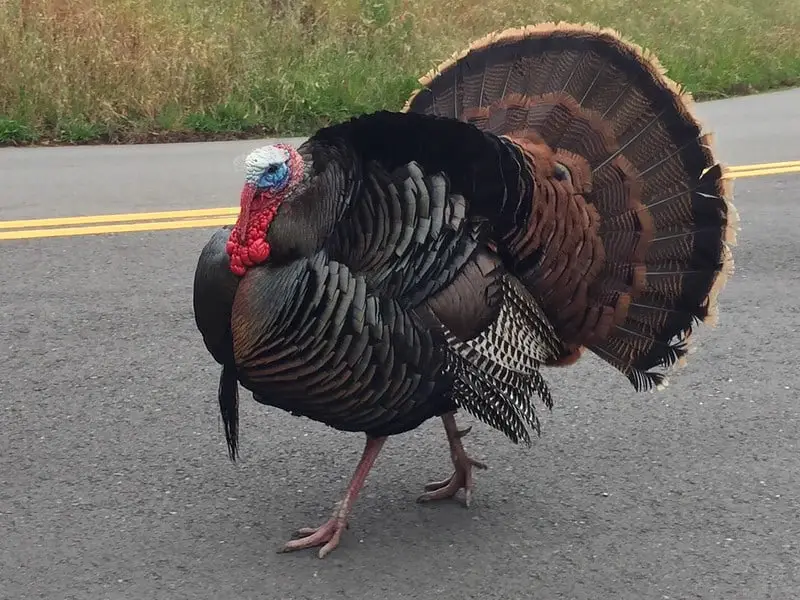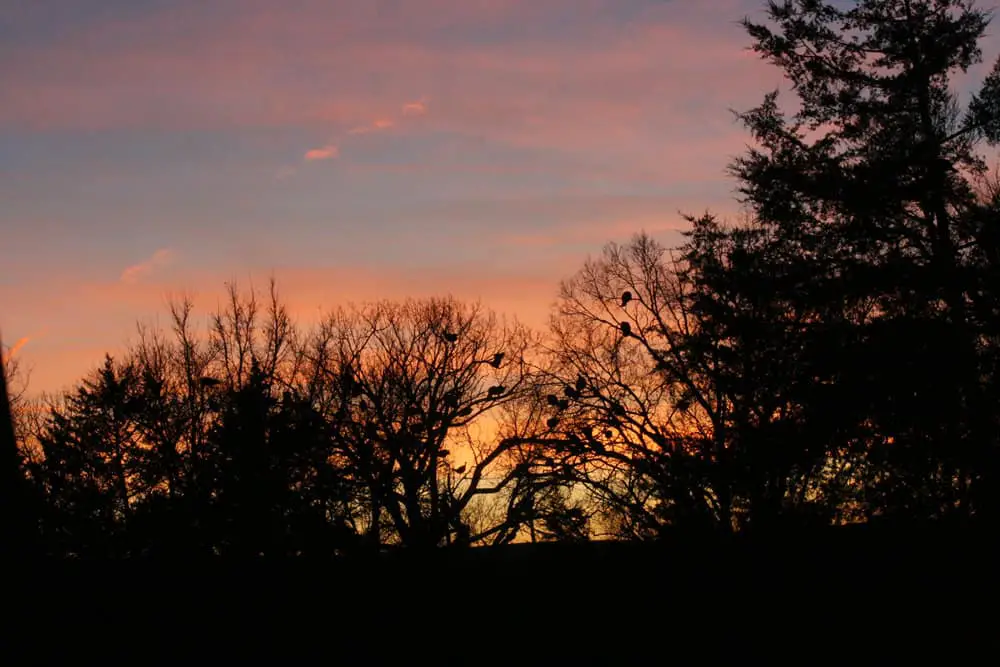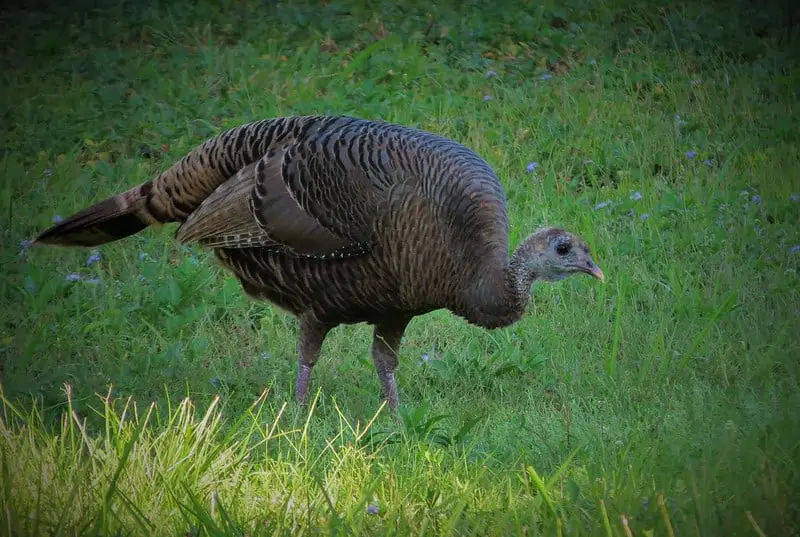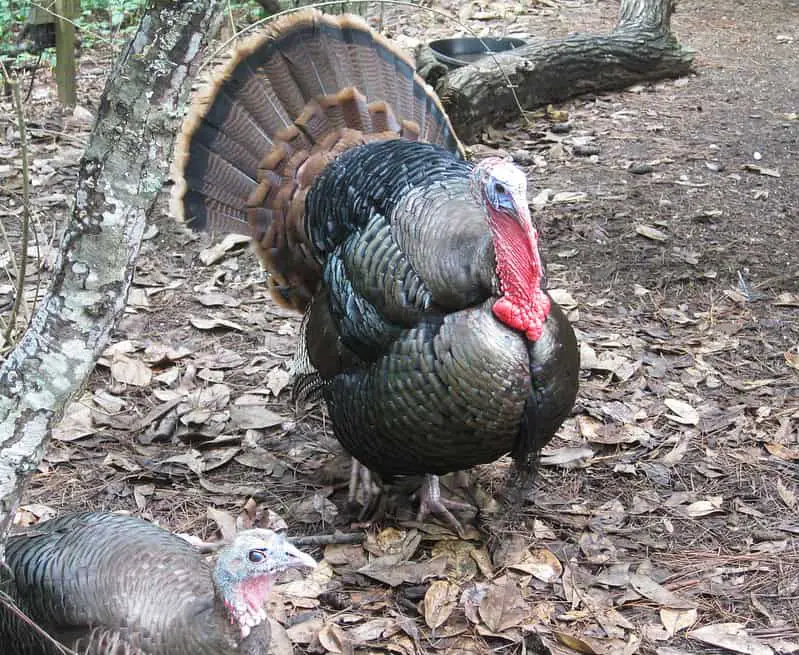Is there a best time of day to turkey hunt? A magic moment when a gobbler is most likely to respond to your calls?
The best time of day to turkey hunt is during the first two hours of daylight. These two hours are when the greatest number of turkeys engage in gobbling activity. Turkey activity further increases on days with bright skies, slight winds, heavy dew, and temperatures between 55-60 degrees.
Related: Calling Turkeys: Translating and Using Calls
Related: Is it a tom or a jake?

When do most turkey hunters think the best time to turkey hunt is?
According to the research about 70% of all turkey hunters are finished (successful or not) within the first two weeks of the season. Less than 10% of these hunters will still be in the woods after noon, and more than 75% hunted between 0500 and 1000.
Now, some hunters, like those in New York, are not allowed to hunt after 1200. But even in states that allow hunting until sunset, most turkey hunters flock to the woods early in the morning.
Another factor that leads to more turkey hunting early in the morning is the indisputably effective technique of locating roosting turkeys the night before and then sneaking next to those areas in the predawn darkness.
Check out Amazon’s prices for turkey hunting gear.
Related: How to find a wounded turkey.

Fewer hens make sunrise the best time of day to turkey hunt.
You may have an advantage if you wait to go turkey hunting until the third week of the season or later. First, the turkey breeding season is far from over. Male turkeys are polygamous. They will mate with as many hens as possible. Second, there are fewer hens available for these toms to attract.
Late in the turkey hunting season, a tom will have sometimes ground down his wing feathers and strutted himself to exhaustion trying to call in one of the remaining available hens. During this period, his gobbles no longer compete with those of hunters.
Calling late during turkey hunting season also means fewer competitors for you. And calling during the first two hours of daylight put you right smack in the middle of the second natural peak of a turkey’s highest gobbling activity period.
Related: Turkey nesting facts.

Calling turkeys during the morning late in the turkey hunting season.
Most turkey hunters quit during the first two weeks of turkey hunting for several reasons.
Late-season turkey hunting means many of the hens have been bred and begun building nests. Many turkey hunters also believe that turkeys, like coyotes, somehow become educated.
But fewer hens do not mean the toms are done looking for them. It only means they are more desperate to find them. And the idea that a turkey stops doing turkey things and ignores biological impulses because of hunting pressure is absurd.
Need a turkey call? Try out Rush Custom Callers. Please note: This site has no financial relationship with this company, we just strongly recommend their products.

Morning is the best time for turkey hunting, but not the only time.
Yes, the first two hours after daylight are the best time of the day to hunt turkey. But even if you do not get into the field until late in the season and late in the day, you can still be a successful turkey hunter.
Male turkeys have only one purpose in life (if we ignore their need to block traffic), mating with as many hens as possible during the breeding season. They may be more active and responsive early in the morning, but they will be on their hunt all day long.
So, take advantage of the best time to turkey hunt, but keep sending those purrs and yelps long after lunchtime. And use the increased foliage to hide from that approaching tom.

